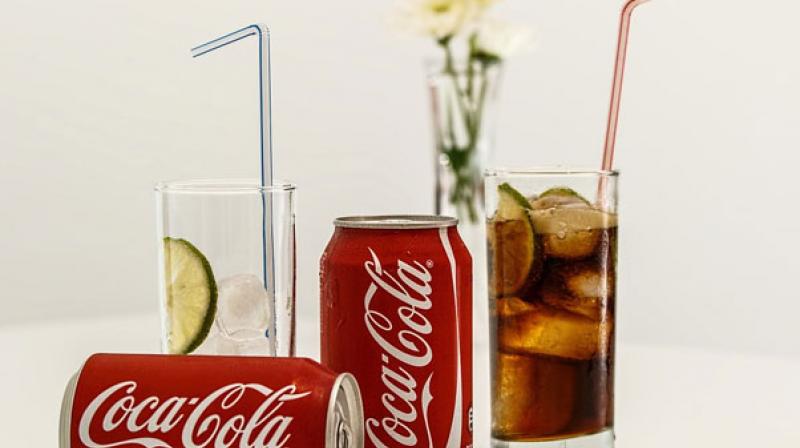Regular intake of sugary drinks may cause diabetes: study

Boston: People who regularly consume sugar-sweetened beverages - roughly one can of soda per day - may have higher risk of developing prediabetes, a new US study has warned.
In the study, adults who regularly consumed sugar-sweetened beverages had a 46 per cent higher risk of developing prediabetes, compared to low- or non-consumers over a 14-year period. Scientists at Tufts University in the US found that higher sugar-sweetened beverage intake is also associated with increased insulin resistance, a risk factor for type 2 diabetes.
However, no associations between diet soda consumption and risk of prediabetes or increased insulin resistance were found. The research team notes that previous studies on associations between diet soda and risk of type 2 diabetes have produced mixed results, and further studies are needed to reveal the long-term health impact of artificially sweetened drinks.
"Although our study cannot establish causality, our results suggest that high sugar-sweetened beverage intake increases the chances of developing early warning signs for type 2 diabetes," said Nicola McKeown, associate professor at
Tufts. "If lifestyle changes are not made, individuals with prediabetes are on the trajectory to developing diabetes," said McKeown.
"Our findings support recommendations to limit sugar-sweetened beverage intake, which can be achieved by replacing sugary beverages with healthier alternatives such as water or unsweetened coffee or tea," she said. "This is a simple dietary modification that could be of substantial health benefit to people who consume sugary drinks daily and who are at increased risk of diabetes," McKeown said.
Researchers analysed longitudinal data on 1,685 middle-aged adults over a period of 14 years, obtained from the Framingham Heart Study's Offspring cohort in the US. Selected participants did not have diabetes or prediabetes during an initial baseline examination and self-reported their long-term sugar-sweetened beverage and diet soda consumption habits through food frequency questionnaires.
Sugar-sweetened beverages were defined as colas and other carbonated beverages, and non-carbonated fruit drink such as lemonade and fruit punch. Fruit juice was not included in the sugar-sweetened beverage category. The team found those who drank the highest amounts of sugar-sweetened beverages - a median of six 12 fluid ounce servings a week - had a significantly greater risk of developing prediabetes compared to low- or non-consumers, after adjusting for factors such as age, sex and body mass index.
The highest consumers of sugar-sweetened beverages had roughly 8 per cent higher insulin resistance scores, compared to low- or non-consumers after follow-up at seven years. Even after accounting for change in weight and other
aspects of diet, the relationships between sugar-sweetened beverages and these metabolic risk factors for diabetes persisted. The study was published in the Journal of Nutrition.

